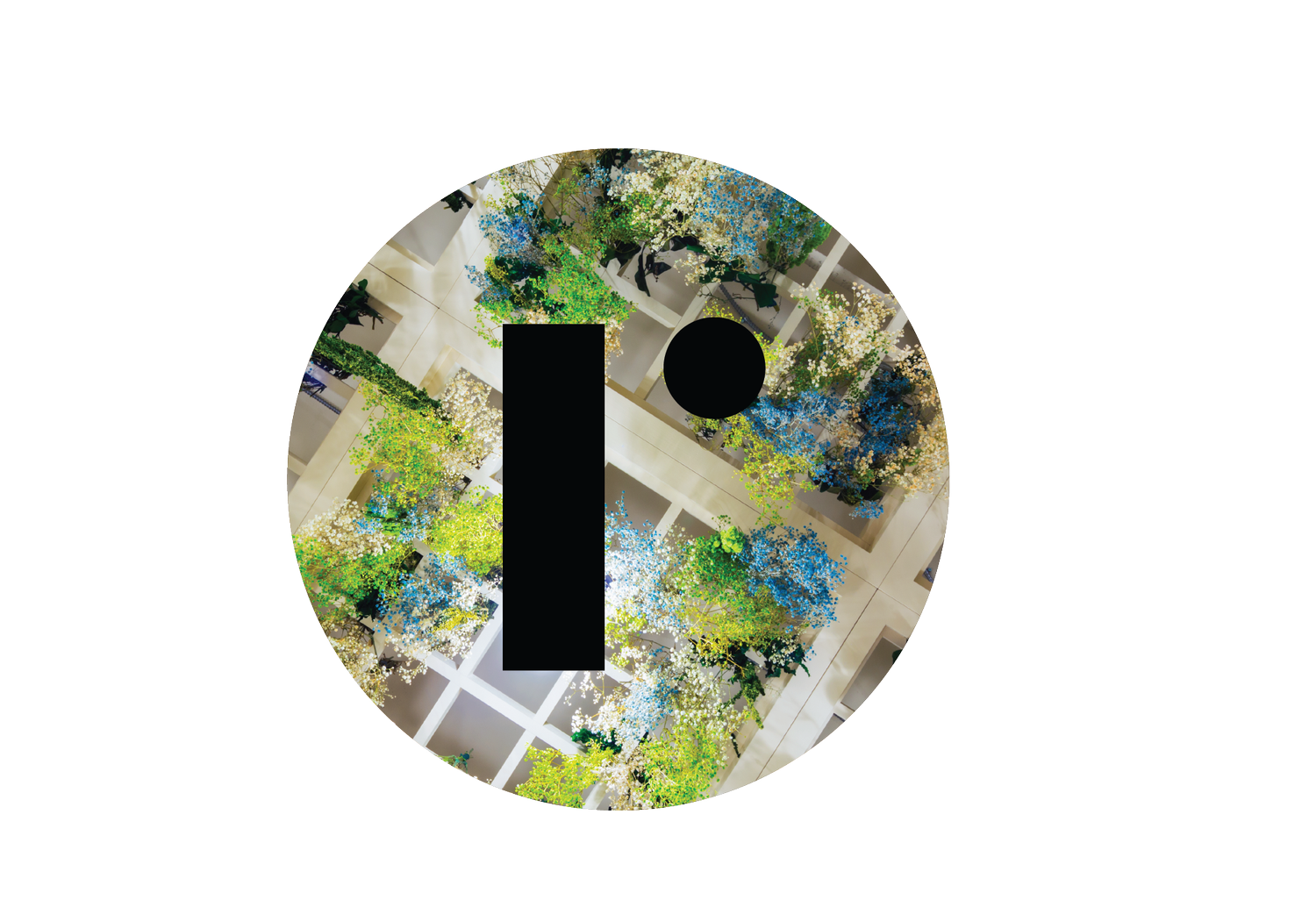RVLTR Cinephile: What Zoolander teaches us about the designer-client relationship.
I am fascinated by movies plots and dialogues as an exaggerated version of life, often magnifying human idiosyncrasies to make a point. In this clip, from the movie Zoolander, we examine the relationship between Mugatu and Zoolander, respectively a cunning, evil fashion designer and a dumb-as-a-sack-of-hammers fashion model.
The scene opens with Mugatu explaining why he “must” work with Zoolander, now that the model is retired and he cannot “have him” any more, a psychopathic trait among a laundry list of others exhibited by the designer, in a suite of on-screen display of pathological behaviours.
He does so by enticing him with a scale model of a speculative charitable institution, the “Derek Zoolander center for kids who can’t read good and wanna learn to do other stuff good too” as a thinly-disguised way to bribe him out of retirement, following the devastating, but not-so-accidental deaths of his equally dumb model roommates (another classic scene of absurdity).
Indeed, Zoolander had this desire to start a charity for kids who “can’t read good” and this is his opportunity to fulfill his dream. Mugatu, an arrogant, power-hungry yet utterly insecure fashion executive, panders to Zoolander in a transparent effort to involve him into an international murder plot, while keeping him from realizing he is being manipulated.
When Zoolander examines the model, he does not get the concept of a scale model and berates Mugatu for building a “center for ants”, thinking the scale model was the real thing. When Mugatu, who might be a psychopath but is also clever, objects and tries to explain the concept of a scale model, he is shut down by Zoolander (“I don’t want to hear any excuses”). Being the opportunistic, cunning bastard that he is, realizes that it is pointless to argue with this simpleton, relents and agrees to Zoolander’s demands.
There are a two lessons to be learned from this that applies to client relationships:
1 - Qualifying and selecting clients: Mugatu bases his desire to work with Zoolander not on any skills or talent the model may have, but only because he’s now retired and no longer available. While emotions are often powerful indicators when making important decisions, making decisions solely based on basic, spontaneous emotions without taking the time to assess a potential working relationship based on established, defined criteria, is very likely to lead to the on-boarding of unfit clients. The same is also true in reverse for clients hiring professionals.
2 - Positioning yourself as an order-taker: Mugatu is forced to put up with Zoolander’s interstellar stupidity and agree to things he knows don’t make sense, because the cost of fighting for what’s right is much higher than the cost of agreeing to go along to get along. A direct result of point #1 above. Everyone of us has had a client or two, who may not have been stupid, yet have been similarly difficult to deal because of their unreasonably demanding character and inability to let go of unimportant things. Careful vetting is the only way to get rid of the unreasonable ones. It’s OK to say no, when saying yes feels like compromising beyond reason.
What are the takeaways?
I’m the first one to want to admit all I want to do is please clients and makes sure they’re happy, even when asked to do things outside of the defined scope of work. It is always tempting to fulfill even the most unreasonable requests. But get burned one too many times and you’ll quickly learn when to say no, especially when it puts you in a difficult position that compromises the integrity of your work. When that happens it does not feel good. It can also be an opportunity to get your client to play ball and do something in return for the favour, or to charge for the extra work you’re doing.
The key lesson to retain, however, is that being very discerning as to which type of clients you take on is critical to the success of your business. I’d go as far as saying that if you couldn’t relate to them on personal level outside of the work relationship, it is a fairly good indicator that they may not be a good fit for you. All my favourite clients are people I could see myself be good friends with, and am with many of them. Regardless of the level of friendship, it is critical to invest the time in vetting potential clients by asking a lot of questions and carefully listening to the answers. Once you’ve learned how to read between the lines, they usually reveal a lot more than the words they say.
If you liked this article and would like to read our weekly content, subscribe here and share with your friends!


